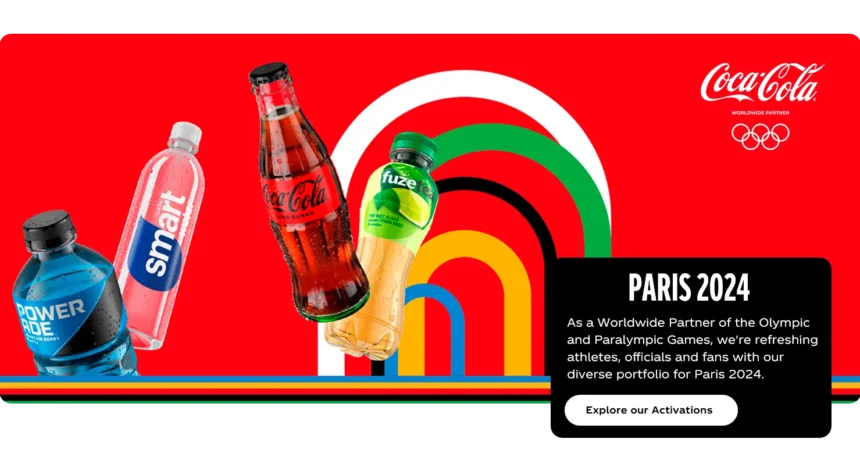Coca-Cola is one of the world’s most recognizable and successful brands, known for its carbonated soft drink, but also for its global influence and cultural impact. It was created in 1886 by Dr. John Stith Pemberton, a pharmacist in Atlanta, Georgia, originally as a medicinal tonic. The beverage was later marketed as a refreshing soda, and over time, Coca-Cola evolved into a global brand.
Here are some key aspects of Coca-Cola’s legacy:
1. Brand Identity
Coca-Cola’s logo, red-and-white color scheme, and iconic contour bottle are instantly recognizable worldwide. The brand has developed a powerful emotional connection with its consumers, often associating its products with happiness, joy, and shared moments.
2. Global Reach
Coca-Cola operates in nearly every country, making it one of the most distributed brands globally. Its soft drink is often seen as a symbol of Western culture, and the company has adapted its marketing to local tastes and preferences while maintaining a consistent global image.
3. Marketing and Advertising
Coca-Cola is famous for its innovative and highly effective advertising campaigns. Its ads have featured everything from the famous “Share a Coke” campaign, which personalized bottles with names, to its iconic holiday ads featuring Santa Claus. It has consistently invested in large-scale campaigns using television, social media, and sponsorships, particularly in major global events like the Olympics and FIFA World Cup.
4. Cultural Impact
Coca-Cola is a significant example of “soft power” in action. It has shaped global pop culture and become a symbol of American culture. The brand’s influence extends beyond the product itself, representing ideas of freedom, modernity, and joy.
5. Expansion Beyond Soda
While Coca-Cola started as a soda company, it has since diversified into other beverages. Today, Coca-Cola owns brands like Fanta, Sprite, Minute Maid, Dasani, and many others, ranging from juices to bottled water to energy drinks. The company’s ability to adapt to changing consumer tastes, such as the growing demand for healthier options, has been key to its continued dominance.
6. Corporate Responsibility
Coca-Cola has been involved in various corporate social responsibility initiatives. It has taken steps to address environmental issues, like water conservation and recycling, though it has faced criticism over its environmental impact and sugar content in some of its beverages.
Coca-Cola’s enduring success is a testament to the power of branding, global reach, and strategic marketing, making it not just a beverage company, but a cultural phenomenon.

